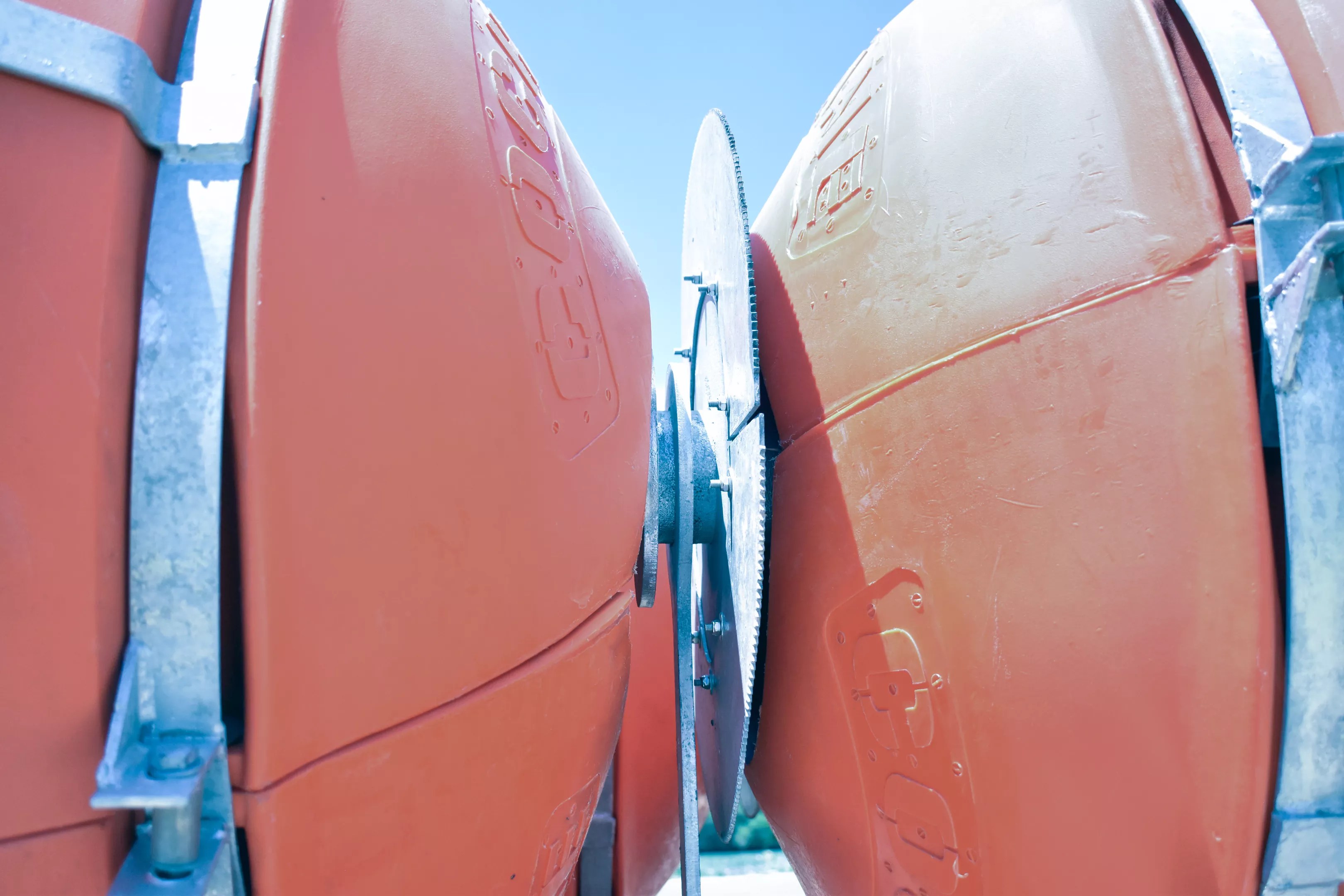
Sara Button

Audio By Carbonatix
The adjectives “heinous,” “evil” and “cruel” have all been used to describe the Texas GOP’s anti-immigrant agenda, while Gov. Greg Abbott has cast himself as the border’s primary defender.
Abbott argues that extraordinary measures are necessary to safeguard the state’s southern frontier. It’s a quest underpinning his expensive Operation Lone Star, but critics have cast doubts on the border initiative’s efficacy.
The governor also frequently boasts of busing migrants to liberal parts of the country, a move that’s sparked conflict with leaders like New York City Mayor Eric Adams.
“Texas has bused over 75,500 migrants to sanctuary cities,” Abbott wrote late last week in a post on X. “Our busing mission provides vital relief to small Texas communities overwhelmed because of Biden’s refusal to secure the border.”
Texas has bused over 75,500 migrants to sanctuary cities.
Our busing mission provides vital relief to small Texas communities overwhelmed because of Biden’s refusal to secure the border. pic.twitter.com/UDIQ6JK7SP
— Greg Abbott (@GregAbbott_TX) December 8, 2023
Abbott’s bus-tally updates aside, plenty has gone down at the Texas-Mexico line in recent days. Here’s just a taste of what’s happened this month regarding the border.
Anti-Climb Barriers
Over the weekend, Abbott posted a video to X showing construction on the Texas border wall in Starr County. He bragged that the Lone Star State is the only state in the U.S. to take such “historic action to secure our border.”
The conservative is also now touting efforts to erect so-called anti-climb barriers.
As part of Operation Lone Star, swaths of 8-foot-high fencing are being planted near Brownsville. As for why it’s called an “anti-climb barrier?” Oh, just the razor wire.
“We are building these razor wire barriers with National Guard standing behind them preventing illegal entry. And we will be passing this law to arrest illegal immigrants coming into the state of Texas,” Abbott recently told Fox News. “We, as a state, continue to deploy more action – fighting back against the Biden Administration’s open border policies – doing everything we can to prevent illegal entry into our country.”
Progress on the Texas border wall in Starr County.
Texas is the first and ONLY state to take this historic action to secure our border. pic.twitter.com/wy2g8TSO0r
— Greg Abbott (@GregAbbott_TX) December 9, 2023
Border Crossings as a State Crime
In case you haven’t yet heard, that law Abbott referred to during the aforementioned Fox interview has its fair share of detractors. Critics decry Senate Bill 4, which Abbott has said he intends to sign, as essentially sanctioning racial profiling by law enforcement.
SB 4 would let Texas police arrest border-crossers, making illegal passage from Mexico a state crime. People thought to have jumped the Rio Grande can face Class B misdemeanor charges and up to six months behind bars, according to The Texas Tribune. Repeat offenders could face a second-degree felony and potentially spend two years to two decades in prison.
The bill will take effect in early March after Abbott signs.
Removal of Border Buoys
Meanwhile, Texas’ border buoys are apparently getting the boot – at least for now.
The 5th U.S. Circuit Court of Appeals ruled earlier this month that the state will need to get rid of the floating barriers along the Rio Grande. Backlash to the buoys had been fierce, with Democrats and immigrant rights advocates arguing that they pose a serious risk to human life.
But the governor has indicated that he’s in this battle for the long haul. After the appeals court ordered the buoys’ removal, Abbott blasted the ruling as “clearly wrong.” Not only that, but he said that his pal, Texas Attorney General Ken Paxton, would work to help him stay in the fight.
“AG Paxton & I will seek an immediate rehearing by the entire court,” Abbott wrote on X. “We’ll go to SCOTUS if needed to protect Texas from Biden’s open borders.”
DPS Clears Itself of Wrongdoing
Back in July, a medic with the state’s public safety department notified his superiors about a trend of grave concern: Troopers were allegedly being commanded to deny migrants water and to push them back into the river.
State Rep. Victoria Neave Criado, a Dallas Democrat, condemned the news at the time in a post on X, writing: “From a pregnant mother having a miscarriage while trapped in barbed wire to drownings of children & outright refusals to provide life-saving water in extreme Texas heat, the treatment of our fellow humans on the TX-Mexico border by DPS is unconscionable and unacceptable.”
Well, The Texas Tribune reported last week that the Department of Public Safety looked into the matter and decided to clear its leadership of wrongdoing. DPS’s Office of Inspector General wrote in a two-page report summary that investigators discovered “no reasonable cause to believe that the South Texas leadership of the department institutionally engaged in a pattern or practice of conduct that violated law or department policy.”
Family Separations Banned
Migrant families cannot be separated at the border for eight years after a federal judge last week preemptively blocked resumption of a harsh Trump-era policy, according to The Associated Press. The move was part of a settlement of a lawsuit dating back to the former president’s administration.
Donald Trump is vying for a return to the White House in 2024. Although the Republican reportedly hasn’t ruled out bringing back family separations, he has also floated other ideas, such as sending undocumented immigrants to detention camps while they wait to get expelled from the country.
The AP notes that right before approving the settlement, U.S. District Judge Dana Sabraw said that the breaking up of thousands of migrant families “represents one of the most shameful chapters in the history of our country.”